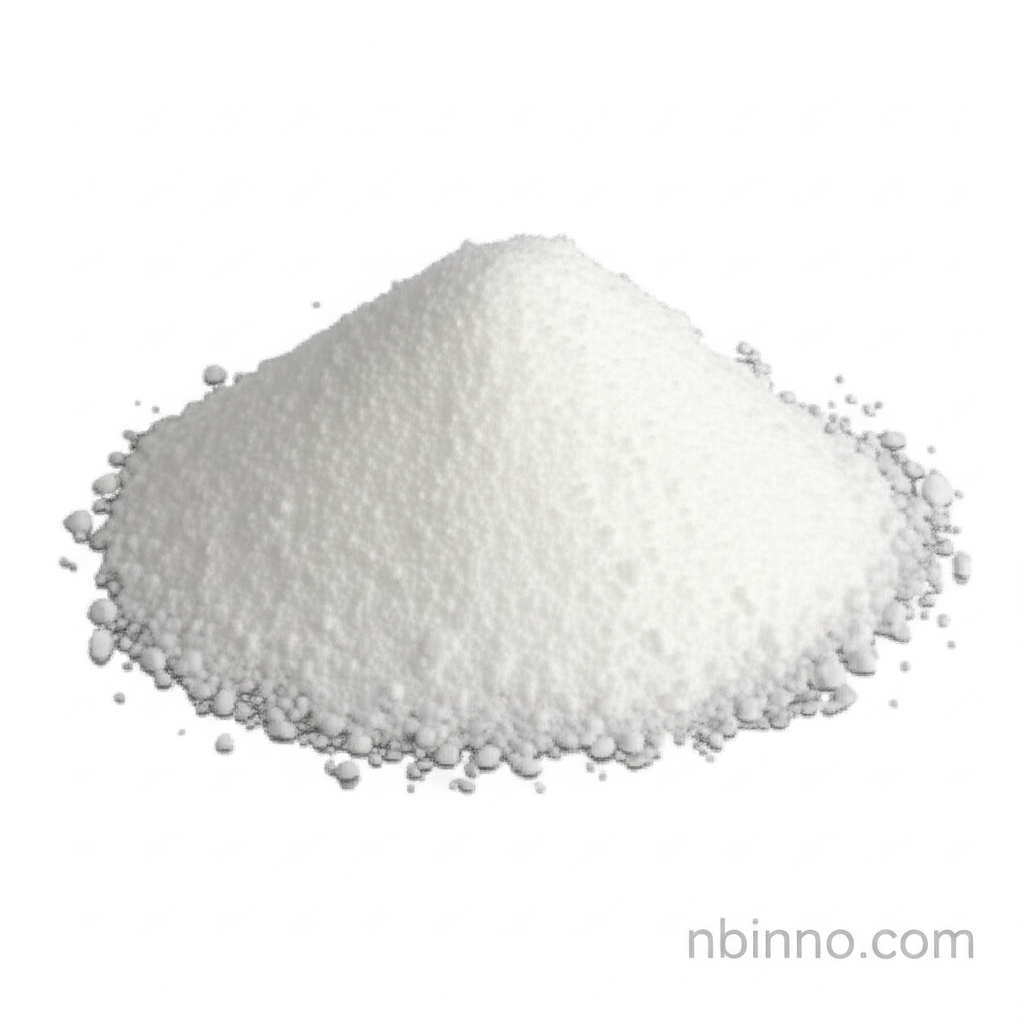Sebacic Acid: A Versatile Dicarboxylic Acid for Industrial and Biomedical Applications
Discover the extensive industrial and biomedical uses of Sebacic Acid, a key dicarboxylic acid derived from castor oil.
Get a Quote & SampleProduct Core Value

Sebacic Acid
Sebacic acid is a naturally occurring dicarboxylic acid with the chemical formula HO2C(CH2)8CO2H. It is a white flake or powdered solid, primarily derived from castor oil. Its versatility makes it a cornerstone in various industrial processes and emerging biomedical technologies.
- Explore the critical role of sebacic acid in nylon 610 production, understanding its benefits as a monomer.
- Learn how sebacic acid's properties enhance the performance of industrial lubricants and hydraulic fluids.
- Discover the diverse applications of sebacic acid in cosmetics and its traditional use in candle making.
- Investigate the growing importance of sebacic acid in biomedical applications for tissue engineering and drug delivery systems.
Key Advantages
Renewable Sourcing
As a castor oil derivative, sebacic acid offers a sustainable and renewable alternative for chemical manufacturing, aligning with green chemistry principles and reducing reliance on petrochemicals.
Enhanced Lubricity and Stability
The inherent chemical structure of sebacic acid provides excellent lubricity, low-temperature fluidity, and high thermal stability, making it ideal for demanding lubricant and grease formulations.
Anti-Corrosion Properties
Sebacic acid acts as a surfactant in lubricating oils, significantly increasing their anti-rust properties and protecting metal surfaces in various industrial environments.
Key Applications
Nylon 610 Production
Sebacic acid is a vital monomer in the synthesis of Nylon 610, contributing to the material's strength, flexibility, and resistance properties.
Lubricants and Hydraulic Fluids
Its excellent thermal stability and anti-corrosion characteristics make sebacic acid a preferred additive for high-performance lubricants and hydraulic fluids.
Cosmetics and Personal Care
In the cosmetic industry, sebacic acid is valued for its pH-adjusting capabilities and its role in various skincare and haircare formulations.
Biomedical Engineering
The biocompatibility and biodegradability of sebacic acid-based polymers are increasingly utilized in advanced applications like tissue engineering and controlled drug delivery systems.
